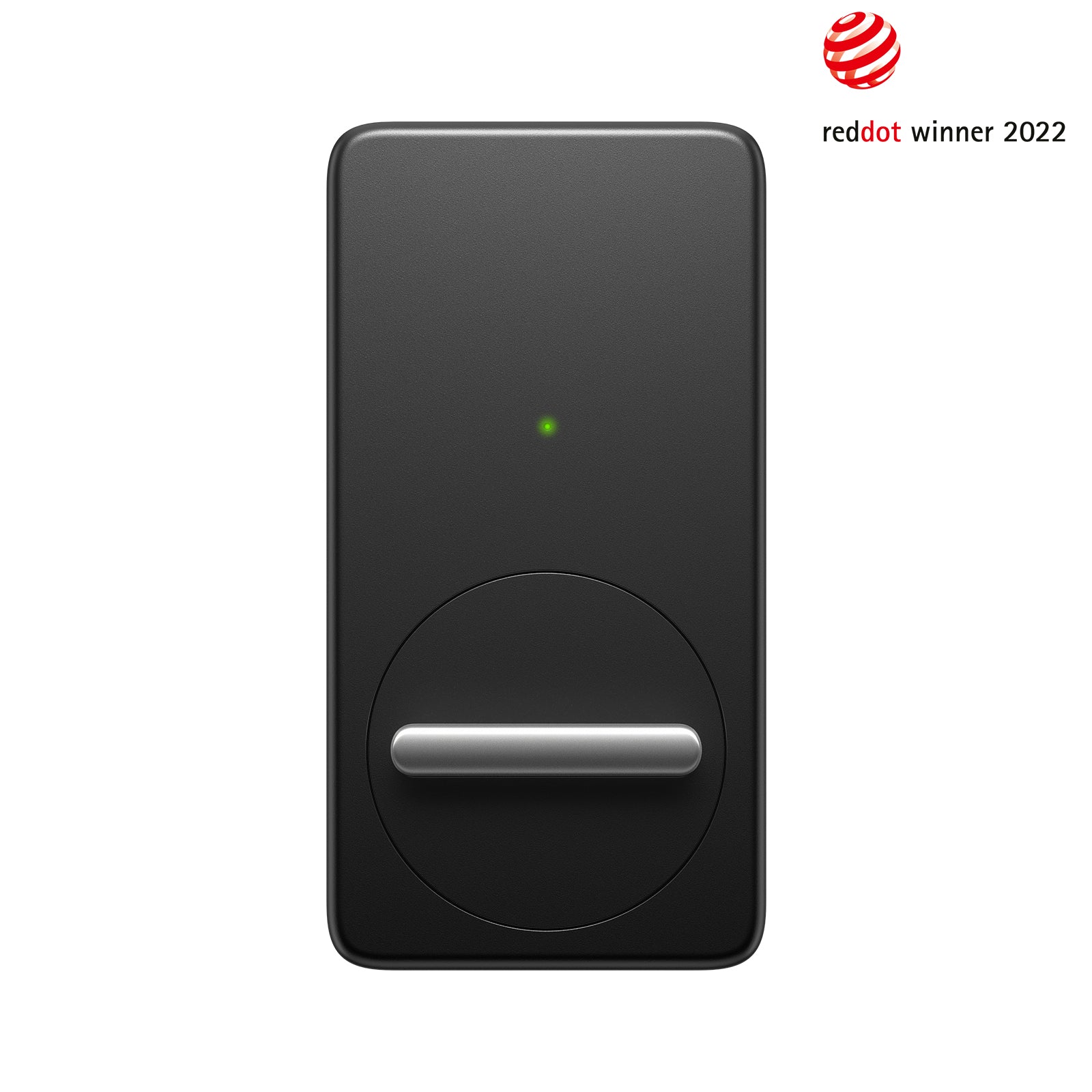As technology continues to evolve, so too does the way we secure our homes and businesses. The future of access control is rapidly shifting towards smart key locks and beyond, offering unprecedented convenience, security, and flexibility. This blog post delves into the innovative world of smart key locks, exploring their benefits, potential advancements, and the broader implications for access control systems.

Revolutionizing Security with Smart Key Locks
Smart key locks represent a significant leap forward from traditional lock-and-key mechanisms. These advanced systems utilize digital technology to provide enhanced security features that are not possible with conventional locks. For instance, smart key locks can be controlled remotely via smartphone apps, allowing users to lock or unlock doors from anywhere in the world. This feature is particularly useful for homeowners who want to grant access to guests or service providers without being physically present.
Moreover, smart key locks often come equipped with biometric authentication methods such as fingerprint scanning or facial recognition. These technologies add an extra layer of security by ensuring that only authorized individuals can gain entry. Additionally, smart key locks can generate temporary access codes, which can be shared with visitors and automatically expire after a set period, further enhancing security.
Integration with Smart Home Ecosystems
One of the most exciting aspects of smart key locks is their ability to integrate seamlessly with other smart home devices. For example, a smart key lock can be connected to a home automation system, allowing users to create customized scenarios. Imagine arriving home and having your door unlock automatically, lights turn on, and the thermostat adjust to your preferred temperature—all triggered by your smart key lock.
This level of integration not only enhances convenience but also provides a cohesive and unified smart home experience. As smart home ecosystems continue to expand, the role of smart key locks in these systems will become increasingly important, offering users a more interconnected and efficient way to manage their homes.
Future Innovations in Access Control
The future of access control extends beyond smart key locks, with emerging technologies poised to further transform the landscape. One such innovation is the development of blockchain-based access control systems. By leveraging the decentralized and tamper-proof nature of blockchain technology, these systems can provide an unparalleled level of security and transparency.
Another promising advancement is the use of artificial intelligence (AI) in access control. AI-powered systems can analyze patterns and behaviors to detect anomalies and potential security threats in real-time. For instance, an AI system could recognize unusual access attempts and alert property owners or security personnel, enabling a proactive response to potential breaches.
Challenges and Considerations
While the future of access control is undoubtedly exciting, it is not without its challenges. One of the primary concerns is the potential for cybersecurity threats. As smart key locks and other digital access control systems become more prevalent, they may become targets for hackers. Ensuring robust cybersecurity measures and regular software updates will be crucial in mitigating these risks.
Additionally, the adoption of smart key locks and advanced access control technologies may raise privacy concerns. Users must be aware of how their data is being collected, stored, and used by these systems. Transparent privacy policies and user education will be essential in addressing these concerns and building trust in the technology.
Conclusion
The future of access control is bright, with smart key locks and beyond offering a new era of security and convenience. As these technologies continue to evolve, they will play a pivotal role in shaping the way we protect our homes and businesses. By staying informed about the latest advancements and addressing potential challenges, we can fully embrace the benefits of these innovative access control solutions.

